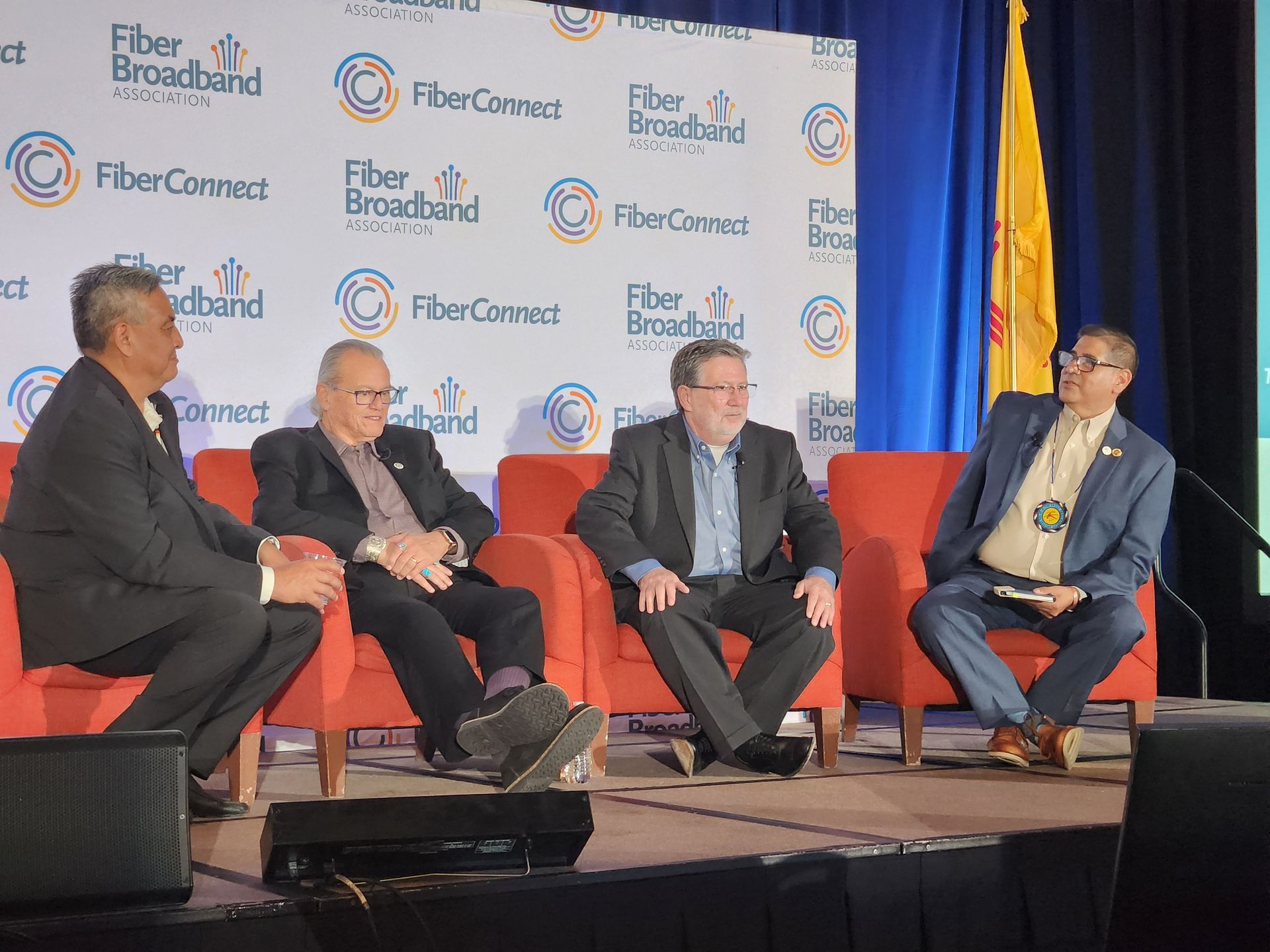
- Details
- By Chez Oxendine
- Economic Development
The Fiber Broadband Association will host multiple tribal broadband-focused sessions at its upcoming Fiber Connect 2025 conference, continuing a three-year initiative to address connectivity challenges in Native communities.
The June 1-4 event in Nashville will gather tribal broadband experts, policymakers and industry representatives to discuss deployment strategies, digital inclusion and infrastructure development on tribal lands, where internet access rates lag behind the national average.
American Indian and Alaska Native communities in tribal areas face some of the nation's lowest high-speed internet access rates, according to prior Tribal Business News reporting. Federal programs, including the Tribal Broadband Connectivity Program and U.S. Department of Agriculture's ReConnect Program, are working to narrow the gap, though geographic constraints, regulatory hurdles and financial limitations persist.
“We are so much more reliant on the internet than we ever have been,” Robert Griffin, tribal broadband director for the Choctaw Nation of Oklahoma and chair of FBA’s Tribal Broadband Roundtable, told Tribal Business News. “The content we’ve curated for Fiber Connect is designed to tackle the fundamental challenges of deploying fiber broadband on tribal lands, share best practices, and chart a path forward as we look to connect every tribal resident to a better future.”
Session topics include network architecture on tribal lands, sovereignty considerations in broadband programs, and legal frameworks for partnerships between tribes and commercial providers. Attendees from tribal nations, First Nations, and Indigenous communities will have exclusive access to the Tribal Broadband Networking Lounge, a space designed for collaboration and engagement among Native broadband leaders.
In addition to the main event in Nashville, FBA will continue discussions at Regional Fiber Connect in Scottsdale, Ariz. on October 16, where sessions will focus on digital equity and broadband expansion in Indigenous regions. Further discussions are planned for Alaska in the near future, as well, Griffin said.
“We've been able to put together the experiences, the stories, the best practices to help tribal nations build faster, to find shortcuts and have access to the best technology they can get,” Griffin said. “If someone needs help, then we can definitely get them access to the solutions and resources they need.”
The FBA has previously hosted tribal broadband discussions, including a regional Fiber Connect event in Albuquerque, N.M., in November 2024. That gathering brought together representatives from the Navajo Tribal Utility Authority, Osage Nation and Mescalero Apache Telecom to discuss network building challenges, from managing multiple federal grant programs to establishing sustainable operational models after construction.
